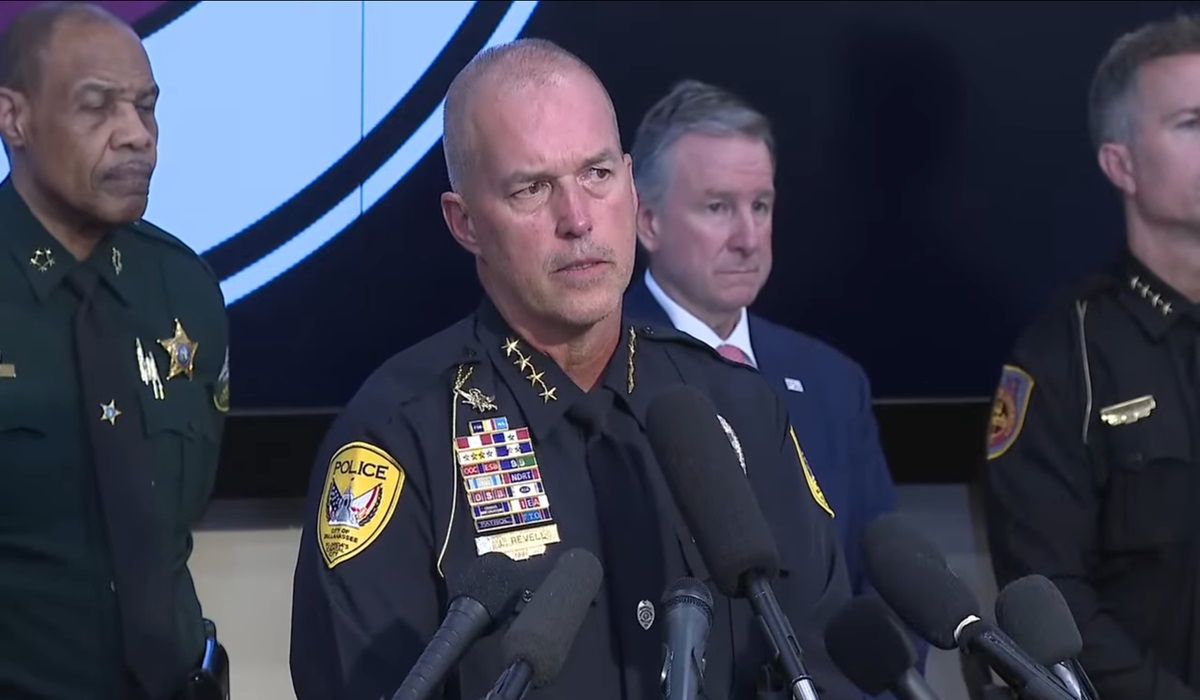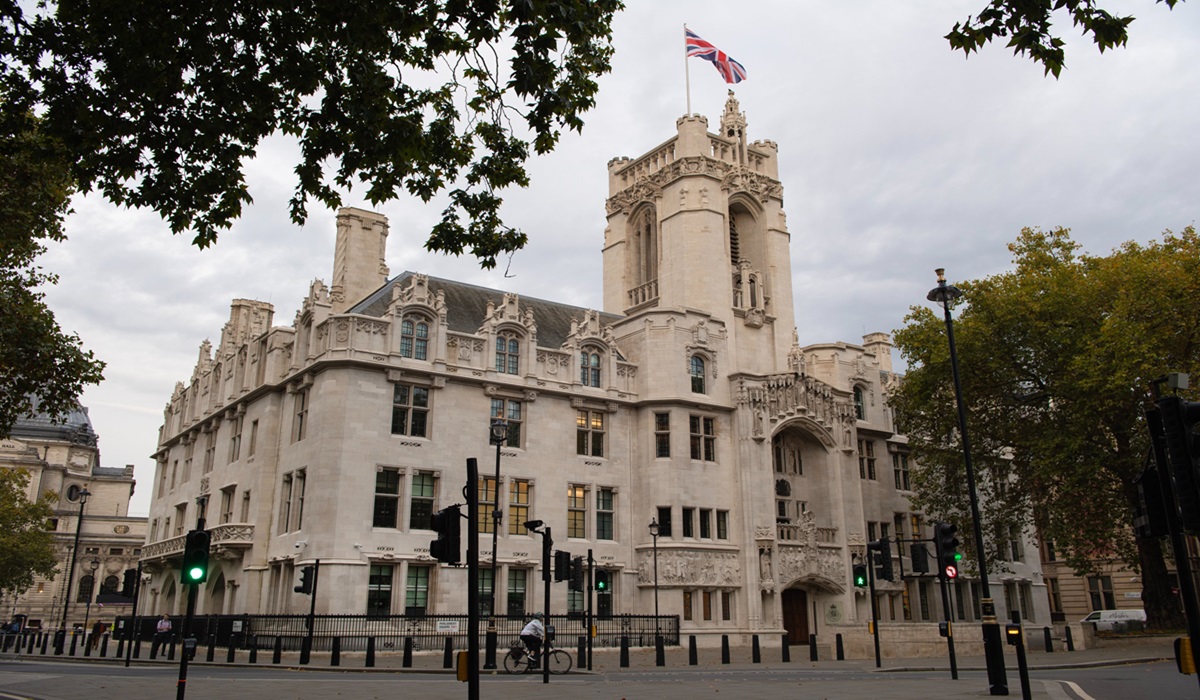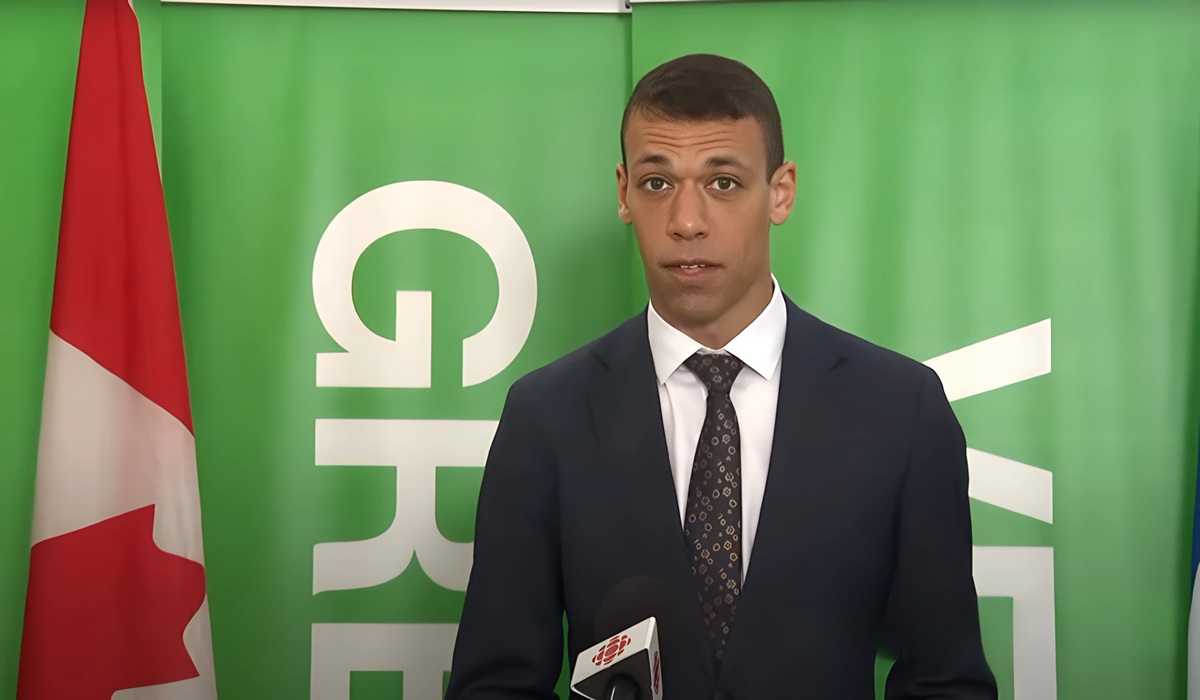Minister Joly Under Scrutiny: Assessing Canada’s Troubling Foreign Policy Incidents
- TDS News
- Asia
- Breaking News
- Canada
- China
- East Asia
- South Asia
- September 29, 2023

The Canadian Foreign Affairs Department has been in disarray, raising questions and concerns among citizens and international observers alike. The responsibility of explaining this disarray and the imperative need for change now falls on the shoulders of Minister Mélanie Joly. It is not merely a matter of cleaning the house. Still, it is instead a critical call for an overhaul that ensures Canada’s foreign affairs align with its values, interests, and responsibilities on the world stage.
It is distressing that Canada appears unable to evade its recent string of foreign policy blunders. From the profoundly concerning instance of standing ovations for a Nazi regime within Parliament to the growing strains in its relationships with its two most significant trading partners by population, India and China, the nation finds itself at a critical juncture. These missteps risk undermining Canada’s standing on the global stage and threaten the stability of its economic ties with nations crucial to its prosperity.
The recent incident where the Prime Minister seemed to backtrack on his previously strong rhetoric regarding India exemplifies the complexity of Canada’s foreign relations. The rocky relationship with India, which holds immense potential for economic collaboration and shared values, underscores the pressing need for a comprehensive review of Canada’s foreign affairs strategy. A course correction is imperative to regain Canada’s position of influence and to ensure that its foreign policy aligns closely with its national interests and values. In such a rapidly evolving global landscape, a nation’s ability to rectify its foreign policy blunders and adapt to changing circumstances is pivotal in securing its place internationally.
Minister Joly must offer succinct and transparent explanations to the Canadian people to address this pressing issue. The complexities and challenges that have led to this situation must be communicated clearly, fostering a shared understanding of the necessity for transformative change. Open and honest dialogue is crucial to gaining the public’s trust and support during this pivotal moment.
One fundamental lesson that history teaches us is that countries with weak or subservient foreign affairs policies often face adverse consequences. Such policies, which can result from allowing other nations to dictate one’s foreign policy, tend to compromise a nation’s sovereignty and can lead to unfavorable outcomes. Essentially, a nation must assert its interests and values internationally or risk being marginalized and undermined by external influences.
Canada’s recent struggles and setbacks in international affairs underscore the urgent need for a hard reset in its foreign affairs approach. It is a wake-up call to regain Canada’s rightful place on the global stage, a place that is defined by its unique values, interests, and responsibilities. To achieve this, a comprehensive overhaul is essential.
Reclaiming Canada’s influence on the global stage begins with reevaluating priorities, revising strategies, and realigning policies with the nation’s core interests. A clean sweep is necessary to ensure that the Foreign Affairs Department is staffed and structured to meet the challenges of the 21st century.
Moreover, it’s vital to recognize that foreign affairs are not just a matter of diplomacy and international relations; they impact every aspect of a nation’s well-being. From economic prosperity to national security and human rights advocacy, a country’s foreign affairs policies permeate its domestic and international identity. Therefore, overhauling Canada’s foreign affairs department is not merely about cleaning houses but building a stronger, more resilient, and strategically astute nation.
Minister Mélanie Joly faces the formidable task of acknowledging the current predicament and charting a new course for Canada’s foreign affairs. This involves examining past shortcomings, assessing the nation’s current global position, and a visionary strategy for the future.
Canada’s foreign affairs should be firmly rooted in its values, interests, and responsibilities. It should reflect the nation’s unique identity and aspirations on the world stage. By undertaking this challenging transformation journey, Canada can reclaim its influence, ensuring that its foreign policy aligns with the best interests of its citizens and the principles that define Canada.








